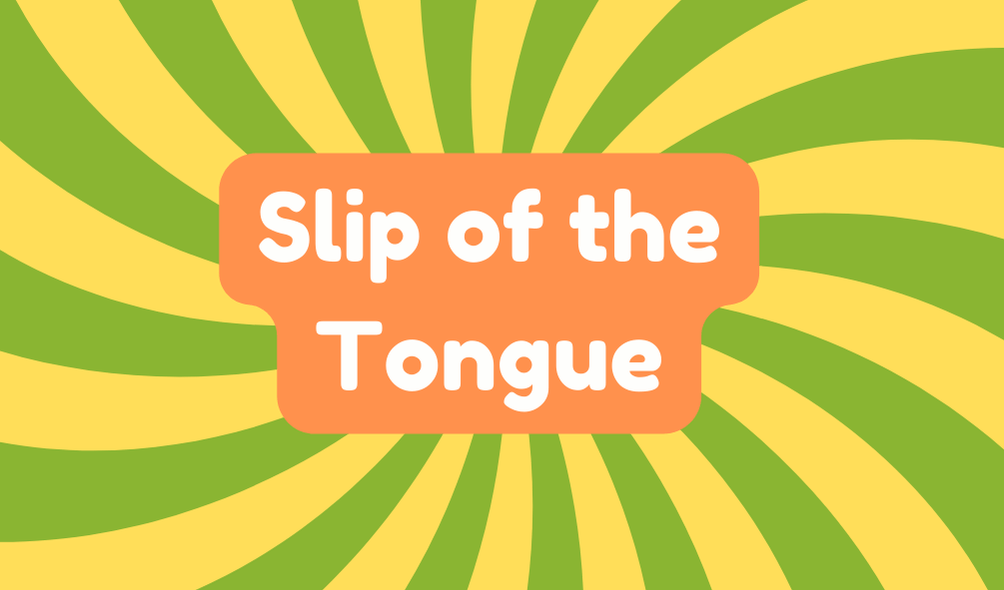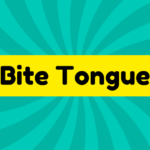A "slip of the tongue" is an unintentional verbal mistake revealing subconscious thoughts or leading to misunderstandings. The phrase originated in the 1650s, initially describing writing errors. Over time, it evolved to include verbal blunders. These slips can range from minor misstatements to humorous misunderstandings in conversation. They highlight the imperfections of communication. Understanding their impact can provide insights into language. To explore this topic further, one might consider the various examples and contexts in which these slips occur.
Synonyms
In the domain of communication, synonyms for "slip of the tongue" provide a nuanced understanding of unintentional speech errors. These alternatives enhance the exploration of language errors and speech blunders, shedding light on human fallibility. Recognizing these subtleties is critical for effective dialogue and self-improvement.
- Freudian slip
- Malapropism
- Spoonerism
- Misstatement
- Verbal faux pas
Each term illustrates different facets of errors in speech, emphasizing the complex nature of communication. Awareness of such terminology can empower individuals to navigate conversations more thoughtfully, ultimately mitigating embarrassment and enriching their linguistic interactions.
Example of Sentences
Examples of sentences involving "slip of the tongue" illustrate how easily communication can falter. These real-life examples showcase common occurrences that remind us of the nuances of speech:
- "The teacher accidentally called her student by the wrong name; it was just a slip of the tongue."
- "During the presentation, a slip of the tongue turned an insightful comment into unintended humor."
- "In a heated debate, one slip of the tongue almost derailed the speaker's main argument."
- "Families often share laughter over a loved one's slip of the tongue during a holiday dinner."
- "A slip of the tongue can spark misunderstandings, highlighting the fragility of language."
Origin
The origin of the phrase "slip of the tongue" reveals a fascinating history intertwined with human communication. Initially emerging in the 1650s, it traces back to historical anecdotes involving writing errors, particularly in personal letters. A notable incident features a British man's affectionate letter where he mistakenly wrote "Within Love" instead of "With Love." This slip of the pen led to a chuckle, highlighting the nature of communication errors. By 1725, the expression evolved to encompass verbal mistakes. This transformation underscores an enduring human tendency to err, emphasizing the imperfections inherent in language and our interactions.
Collocations
Collocations related to the phrase "slip of the tongue" highlight the common contexts in which this expression often arises. These linguistic mistakes occur in various situations, illustrating the unpredictability of human communication. Recognizing these collocations enhances understanding of the phrase's usage:
- common speech errors
- unintentional misunderstandings
- humorous blunders in conversation
- public speaking miscues
- misplaced words in written texts
These examples reveal how frequently slips of the tongue manifest, especially during high-pressure moments. Understanding these collocations allows individuals to approach speech errors with a critical, yet realistic perspective, acknowledging the fallibility of language in everyday interactions.
How to Use in Everyday Language
Mistakes in speech often seem to occur at the most inconvenient times, leaving individuals feeling embarrassed or misunderstood. In daily interactions, employing common phrases like "that was a slip of the tongue" not only clarifies a misunderstanding but also adds a layer of relatability. Language mistakes can serve as opportunities for humor or learning, encouraging openness among speakers. Acknowledging these slips fosters connection and highlights the human element of communication. While some might view these errors negatively, they are simply part of the intricate dance of language, reminding us that perfection is not the goal; understanding is.
Why Is It Still Relevant Today?
Recognizing the significance of slips of the tongue in daily interactions adds depth to understanding communication. These linguistic errors highlight how easily communication breakdowns can occur in a world moving towards rapidity and innovation. The evolution of language demands that people remain vigilant, as misstatements can alter meaning drastically. In an age where digital interactions dominate, the relevance of these slips is amplified; they serve as reminders of our imperfect humanity. By acknowledging such errors, individuals can cultivate better communication skills, facilitating interactions that mitigate misunderstandings intrinsic to linguistic evolution. Slips of the tongue remind us to continually refine our verbal expressions.







